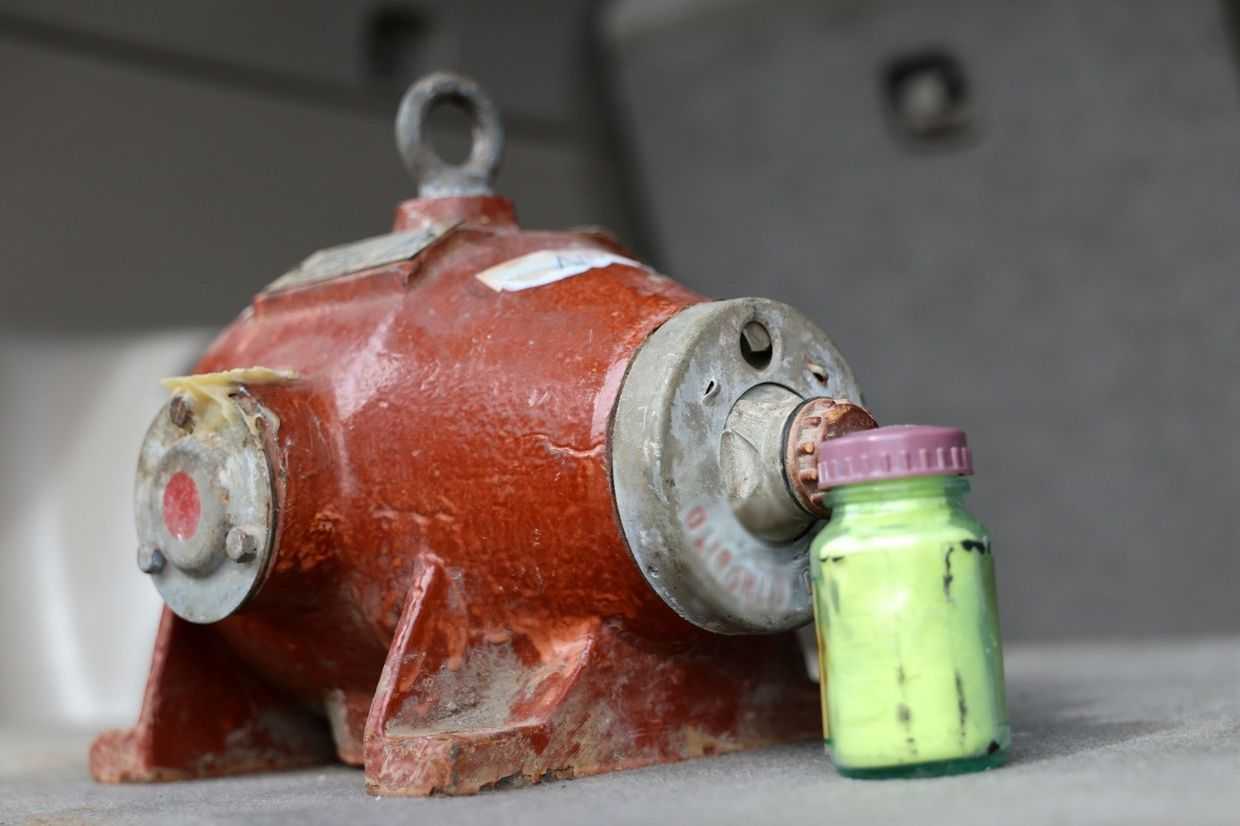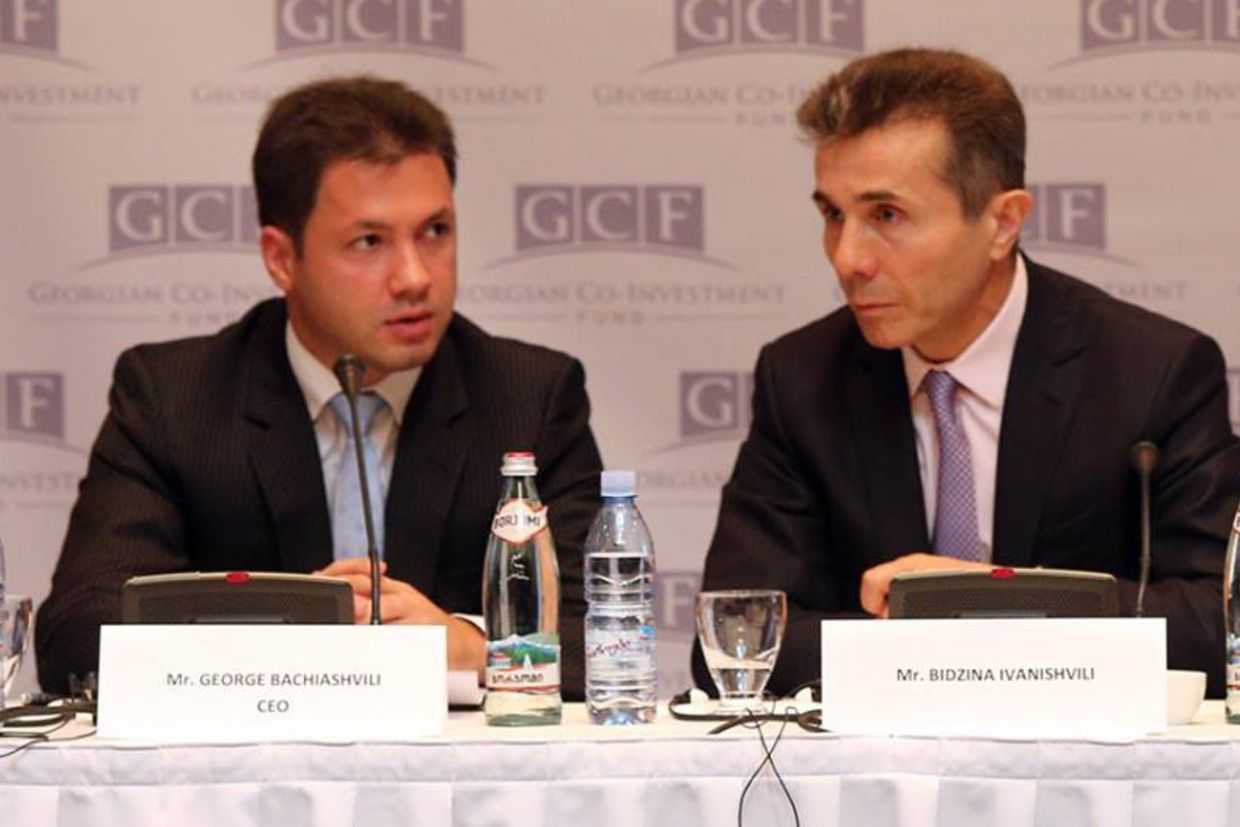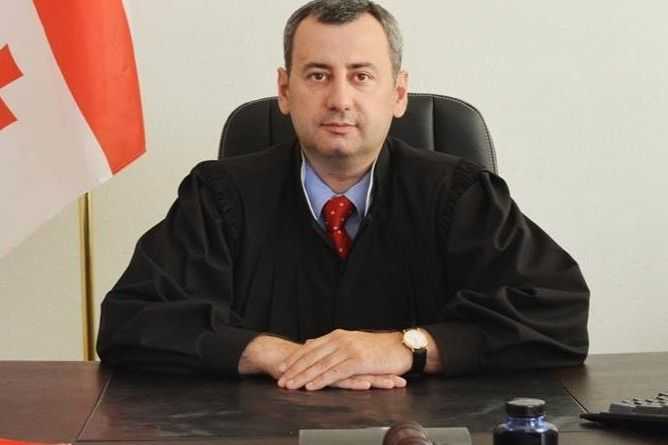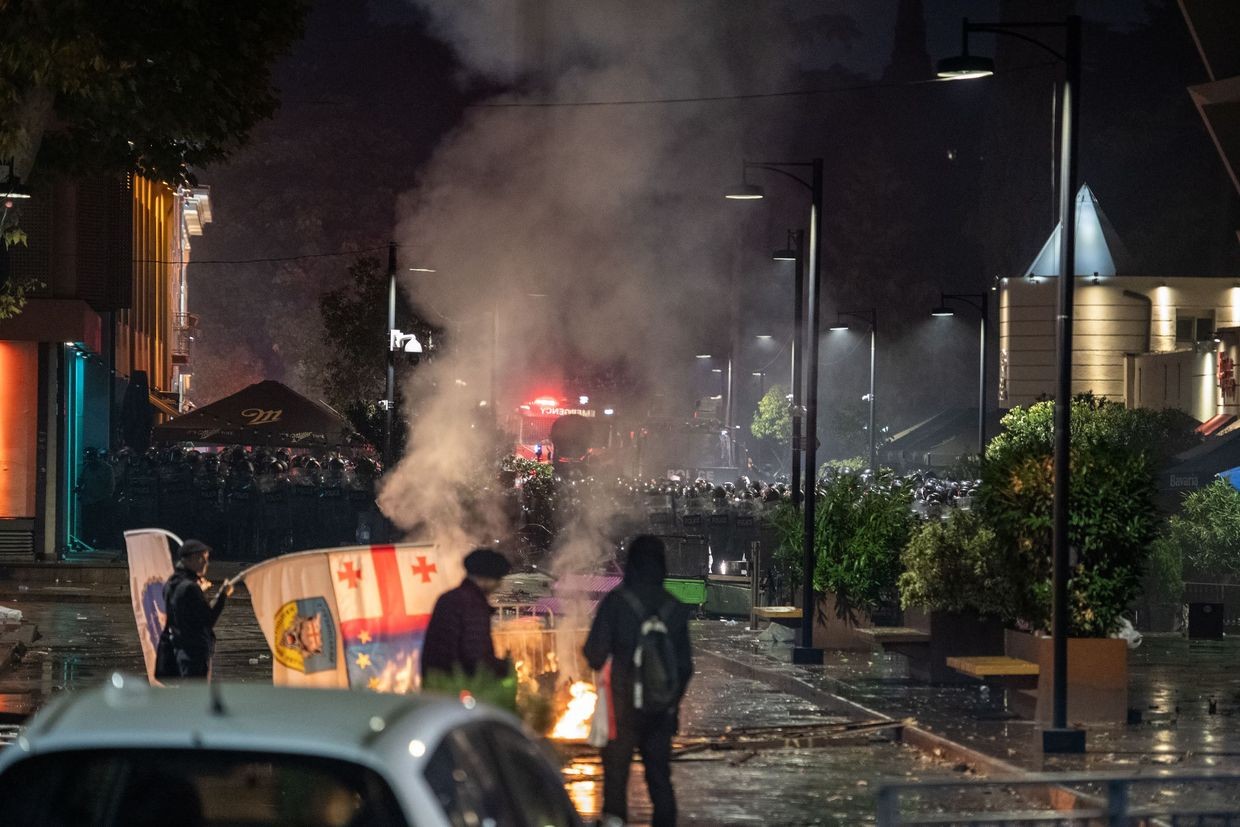
Georgia’s Interior Ministry has announced the arrest of 13 more individuals in connection with the 4 October anti-government protest in Tbilisi, bringing the official number of detainees in the case to 36.
Deputy Interior Minister Aleksandre Darakhvelidze first announced the arrest of 12 people during a press briefing Wednesday afternoon. Shortly afterwards, a separate Interior Ministry statement noted that one more person had been arrested within the same investigation.
On 4 October, in parallel to the partially boycotted municipal elections, tens of thousands gathered on Tbilisi’s Liberty Square to attend an anti-government demonstration, branded previously as a ‘peaceful revolution’.
In the early evening, after hearing a call for male demonstrators to march toward the nearby presidential residence on Atoneli Street, a group of protesters attempted to storm the building. In response, police used tear gas, water cannons, and pepper spray. Protesters built barricades, and sporadic clashes around the residence continued late into the night.
The Georgian government has since called the unrest a coup attempt which it has blamed on domestic opposition they claim was aided by ‘foreign intelligence services’.
The Interior Ministry has launched an investigation into the 4 October events under four articles of the criminal code: attempted overthrow of the constitutional order, group violence, seizure or blocking of a strategic facility, and damage or destruction of property.
While no names were detailed in either statement by the Interior Ministry, local media outlet Batumlebi later reported that one of the detainees was Zurab Chavchanidze, a known flag-bearer at the Batumi protests.
According to Batumlebi, Chavchanidze was detained by around 10 police officers in the coastal city of Batumi on Wednesday, after which he was transferred to Tbilisi. Chavchanidze’s wife, Marina Gorjeladze, told Batumlebi that she had not yet been informed under which article her husband is being held.
These latest detentions follow 23 other arrests in the same case.
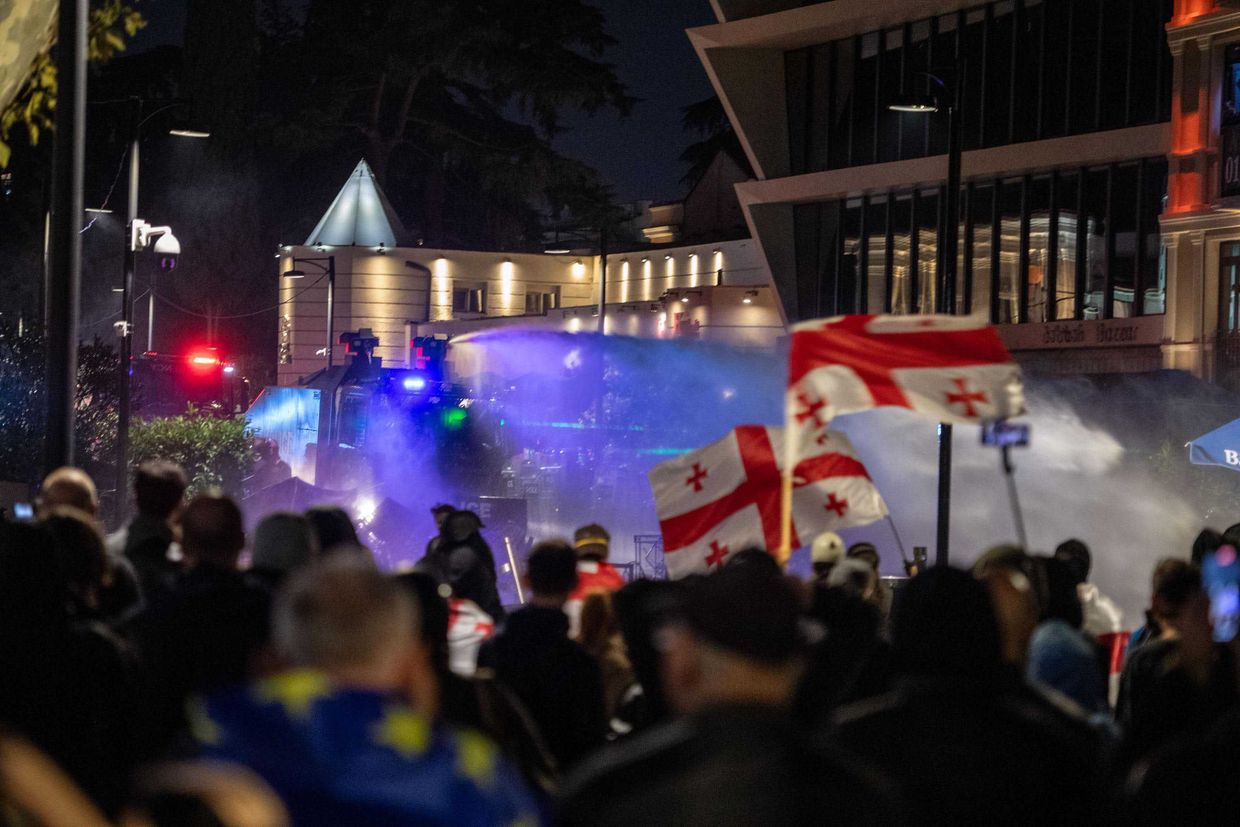
The Interior Ministry has repeatedly emphasised that law enforcement officers are ‘continuing relevant investigative actions with the aim of identifying other perpetrators and bringing them to criminal responsibility’, acknowledging that further detentions are likely.
Georgian Dream authorities have also vowed to clamp down on the daily demonstrations that have been ongoing since 28 November, when the government suspended Georgia’s EU membership bid.
In particular, Prime Minister Irakli Kobakhidze has repeatedly downplayed the significance of the demonstrations, threatening a policy of ‘zero sympathy’ against the movement, which he again claimed is supported by ‘foreign intelligence services’.






